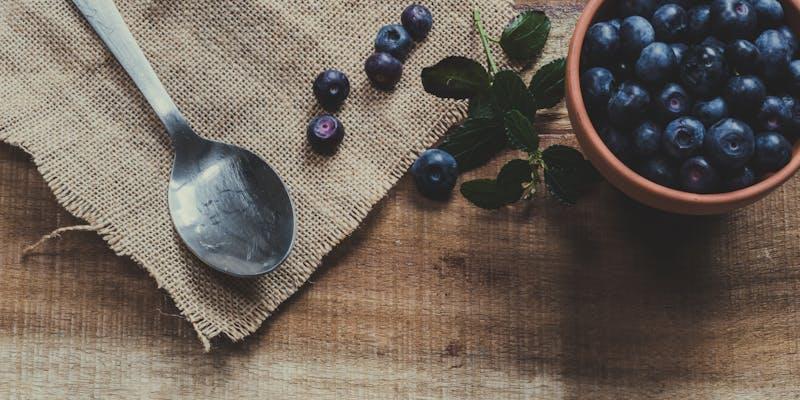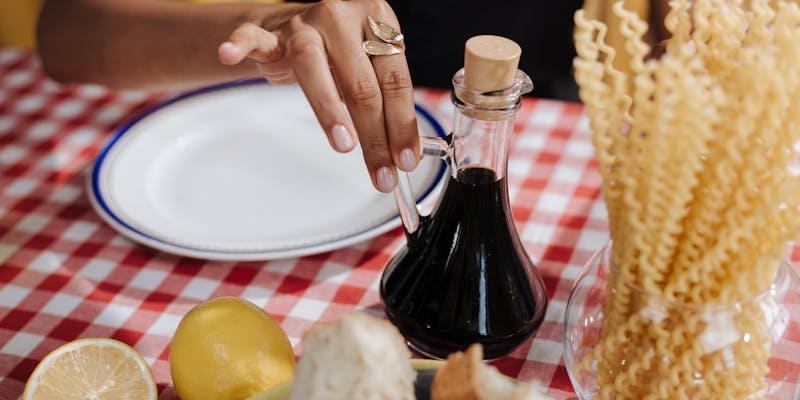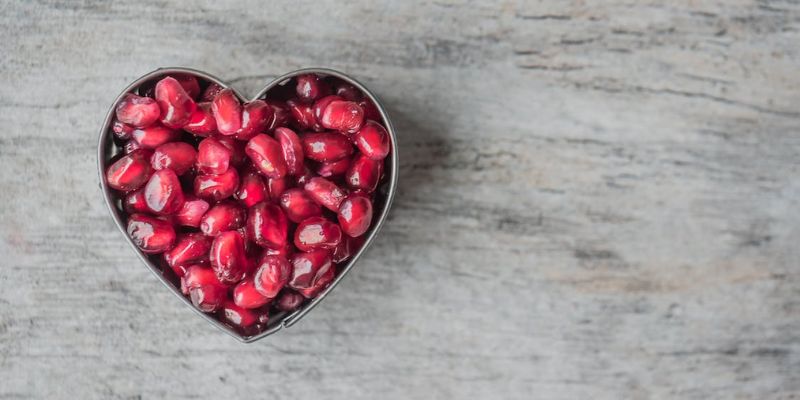It was the North American motherland where the blueberries lived for thousands of years. Still, we are lucky to have them all over the American and European continents because of their delicious taste and popularity. Foods that are energy-yielding, low in calories, and often high in nutritional value are likely to lower glucose levels and enhance cardiovascular and neurological health. Blueberries are superfoods. Alongside antioxidants, vitamins, and mineral components found in plants.
The heather genus includes blueberries, huckleberries, bilberries, and cranberries. The seed ball known as the black currant is a spherical blue or purple berry with a diameter usually 5-16 mm. Because blueberries have several types, their appearance varies. Highbush and lowbush blueberries are the primary types. Flavorful blueberries are excellent. Fresh is ideal, but frozen or juiced works, too. Flavorings, jams, jellies, and baked goods are versatile.
Nutrition Facts

Despite its minimal calories and fat, blueberries are high in fiber. A serving of raw blueberries, which is 3.5 oz or 100 grams, contains:
- 14.5% carbs
- 57 calories
- 84% water
- 0.7 grams of protein
- 10 grams of sugar
- 2.4 grams of fiber
- 0.3 gram of fats
Conversely, 60 grams (or half a cup) of nutrition dried blueberries include:
- 190 Calories
- 48 grams of Carbs
- 5 grams of Fiber
- 43 grams of net carbs
Trail mixes or dried blueberries used as salad toppings are commonplace. The carb content is already high for nutrition dried blueberries without sugar, but other varieties are sweetened with sugar, so be wary of them.
Health Benefits of Blueberries

Blueberries may help with glucose regulation, cognitive function, and cardiovascular health.
Heart Wellness
When it comes to global mortality, heart disease takes the cake. Research shows that berryand flavonoid-rich diets improve heart health. Blueberries, for example, may help hypertensives, a primary cause of cardiovascular disease. These berries may lessen heart disease risk by decreasing LDL cholesterol oxidation. An observational study of 93,600 nurses found that increased anthocyanin intake reduced heart attacks by 32%.
Optimal Brain Function
Illnesses and disorders associated with aging will increase proportionately to the global population's aging population. Intriguingly, flavonoids like blueberries improve brain function. Blueberries may reduce oxidative stress, a primary cause of aging. These berries could also have direct effects on cognitive performance. Nine older people with early memory impairment benefited from the daily use of blueberry juice in a 12-week trial. Blueberries and raspberries were associated with a 2.5-year delay in brain aging in another six-year study of older persons.
Sugar Management
Globally, type 2 diabetes is rising. People with diabetes should avoid carb-heavy meals since they might experience severe blood sugar changes. An impressive 15 grams of sugar per cup of blueberries (148 grams). Despite their high bioactive chemical content, blueberries do not negatively impact blood sugar levels. According to research conducted in a controlled environment, the anthocyanins in blueberries may help regulate blood sugar. Equally encouraging are the outcomes of human trials.
According to one six-week trial, obese persons at high risk of developing diabetes improved their insulin sensitivity by drinking two blueberry smoothies daily. Blueberries inhibit certain digestive enzymes, which may mitigate blood sugar rises immediately after a high-carbohydrate meal.
UTI Prevention
Female urinary tract infections affect many persons born female. Cranberry juice is believed to protect against urinary tract infections and influenza by this generation. Blueberries and cranberries share nutritional characteristics due to their molecular structure. Thus, blueberries also have most of the beneficial compounds in cranberry juice.
These agents, called anti-adhesives, rest on preventing E. coli and other germs from sticking to the urinary bladder wall. Choose cranberry since no studies have been carried out on the impact of blueberry extracts on UTIs, but blueberry extract looks quite promising regarding its anti-adhesive effect.
Cancer and Aging
Everyday existence inevitably involves oxidative DNA damage. You supposedly experience it daily in every cell of your body. DNA damage contributes to the aging process. Several disorders, including cancer, have it as a contributing factor.
Blueberries' strong antioxidant content means that they may help counteract many of the radicals called free radicals that cause DNA damage. One study found that 168 individuals regularly consumed 34 ounces, or 1 lb blueberries and apple juice blended. After four weeks, there was a 20% decrease in oxidative DNA damage caused by free radicals. These results align with other research that used fresh or powdered blueberries, including smaller investigations.
Blueberries and Keto
This ketogenic diet is characterized mainly by fresh blueberries, a superb ingredient in this nutrition plan. As a precaution, though, pay attention to the serving sizes. If you're both on a weight-watcher diet and interested in controlling the carb count, one serving (74 grams) of raw blueberries a whole day is possible and manageable. However, net carbs complicate matters. Blueberries are strong in carbs and simple sugar, sweetened or not. Hence, even if consumed like this, they will not be a suitable snack for your keto diet.
Unlike any ones that might not be mentioned here, processed goods, like canned pies, blueberry juice, jams, and jellies, are generally very high in sugar. Even if an item contains inadequate carbohydrates, it interferes with the ketogenic diet, causing a loss of efficiency. Try to keep the size of the portion and the net carbs and total carb amounts in check when this fruit is included in your diet during the keto phase, especially when blueberries come in nutrition dried blueberries or other forms.
Bottom Line
Similarly, they have other lesser-known cousins belonging to the berry family and having low glycemic bringdown in their carbohydrate levels. On the other hand, blueberries in the fresh form are allowed for the Ketone diet. Nevertheless, the other berries may be better choices since they are low in carbs, net and total. Strawberry, on the contrary, is half a cup (72 grams) when raw and has a diabetic diet of 6 grams overall and 4 grams of net carbs.
When uncooked and raw 1 cup berries (62 g) has 7 grams of carbohydrates and three grams of net carbohydrates. Similarly, 1/2 cup (72 grams) of blackberries can make a net carb intake of 4 g and a total carb intake of 7 g, a healthy replacement source. While on a ketogenic diet, berries are your best substitute for fruits simply because they are usually lower in carbohydrates than other fruits.







